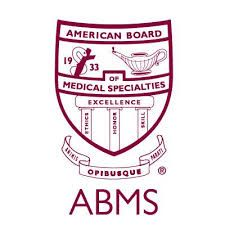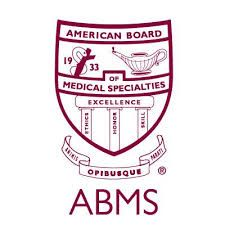
Join to View Full Profile
545 Barnhill DrEh 435Indianapolis, IN 46202
Phone+1 317-944-8660
Are you Dr. Spinola?
Join over one million U.S. Physicians, Nurse Practitioners and PAs, already on Doximity.
- Gain access to free telehealth tools, such as our "call shielding" and one-way patient texting.
- Connect with colleagues in the same hospital or clinic.
- Read the latest clinical news, personalized to your specialty.
Summary
- Dr. Stanley Spinola, MD is an infectious disease specialist in Indianapolis, Indiana. He is currently licensed to practice medicine in Indiana, New York, and North Carolina.
Education & Training
 University of North Carolina HospitalsResidency, Public Health and General Preventive Medicine, 1984 - 1986
University of North Carolina HospitalsResidency, Public Health and General Preventive Medicine, 1984 - 1986 University of North Carolina HospitalsResidency, Pediatrics, 1978 - 1982
University of North Carolina HospitalsResidency, Pediatrics, 1978 - 1982 Georgetown University School of MedicineClass of 1978
Georgetown University School of MedicineClass of 1978
Certifications & Licensure
 IN State Medical License 1993 - 2025
IN State Medical License 1993 - 2025 NC State Medical License 1978 - 2002
NC State Medical License 1978 - 2002 NC State Medical License 1978 - 2002
NC State Medical License 1978 - 2002 NY State Medical License 1987 - 1994
NY State Medical License 1987 - 1994 American Board of Internal Medicine Internal Medicine
American Board of Internal Medicine Internal Medicine American Board of Internal Medicine Infectious Disease
American Board of Internal Medicine Infectious Disease American Board of Pediatrics Pediatrics
American Board of Pediatrics Pediatrics
Publications & Presentations
PubMed
- A high-resolution view of the immune and stromal cell response toinfection in human volunteers.Julie A Brothwell, Yuhui Wei, Jia Wang, Tingbo Guo, Chi Zhang
Mbio. 2025-03-12 - A physics informed neural network approach to quantify antigen presentation activities at single cell level using omics data.Chi Zhang, Jia Wang, Pengtao Dang, Yuhui Wei, Xiao Wang
Research Square. 2025-01-17 - 1 citationsInfections caused byone organism, two stories.Jaffar A Al-Tawfiq, Stanley M Spinola
Clinical Microbiology Reviews. 2024-12-10
Press Mentions
 Your Healthy Skin Germs Stay Put, Despite CleaningMay 6th, 2016
Your Healthy Skin Germs Stay Put, Despite CleaningMay 6th, 2016 Skin Microbiome Influences Common Sexually Transmitted DiseaseSeptember 15th, 2015
Skin Microbiome Influences Common Sexually Transmitted DiseaseSeptember 15th, 2015
Grant Support
- Determination of the Interactome between Haemophilus ducreyi and the Human Host.INDIANA UNIVERSITY INDIANAPOLIS2019–2025









